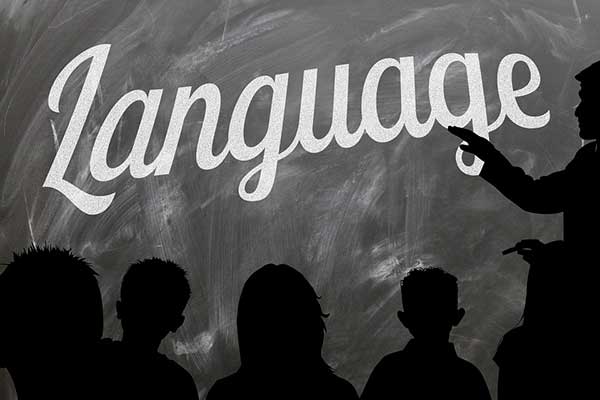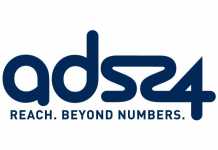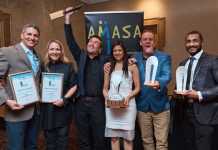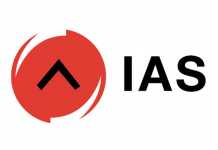
Opinion Piece
South Africa’s eleven official languages offer businesses a unique landscape to engage customers and raise their experiences.
The majority of the country’s citizens are not only bilingual, but also multilingual. According to stats, the percentages of languages spoken are: IsiZulu 22.7 percent, IsiXhosa 16 percent, Afrikaans 13.5 percent, English 9.6 percent, Sepedi 9.1 percent, Setswana eight percent, Sesotho 7.6 percent, Xitsonga 4.5 percent, siSwati 2.5 percent, Tshivenda 2.4 percent, and isiNdebele 2.1 percent.
As chatbots, cognitive technologies and natural language understanding (NLU) take centre stage, developing these for local users becomes critical and having a workforce that can write these in the applicable language is essential, notes Ebrahim Dinat, COO of South African customer experience solutions provider, Ocular Technologies.
“This opens up communication channels for South Africa’s diverse population and also establishes a firmer loyal customer base for businesses operating in the region,” he says.
Dinat is of the opinion that education is the first step to ensuring artificial technology and robotics become a sophisticated technology and communication channel for all users in the country.
“The digital customer experience and robotics are the future and so it becomes ever more essential for South Africa to focus on science educations from the foundation phase, in order to deliver a workforce that is not only on par, but can also compete with the new workers coming to the fore globally. It has become a local necessity that we produce all relevant languages, as local writers, to deliver on today and tomorrow’s NLU needs,” he adds.
Dr Lisa Michaud, a data architect on the Enterprise Architecture team at Ocular Technologies’ software partner, Aspect, has built up an impressive 20 years of research experience in the field of natural language processing and computational linguistics.
She highlights: “As challenging as interpreting natural human language can be – with its complex structures, massive ambiguities, and infinite possibilities – that problem becomes all the more intense when the writer is not a native user of the language.”
“Any natural language system designed for everyday speakers of a language will fall short in its performance when applied to non-native writing,” she warns.
Natural language processing, speech recognition, artificial intelligence and robotics are being sought by businesses across all industries, such as aerospace and defence, agriculture, automotive, banking, consumer products, health care, life sciences, media and entertainment, oil and gas, power and utilities, the public sector, real estate, retail, technology, and travel, hospitality, and leisure.
“Employed in customers services, sales and marketing, manufacturing, and sales, and more, the future job scope is vast,” continues Dinat. “By illustrating a future workforce need, it is the private sector especially that can make a difference in the country’s education system. As Ocular Technologies, we have, for instance, focused our CSI efforts on improving the numeracy and literacy skills within local schools.”
Building native chatbots is labour intensive, but in the end it is worth it – for business, customer and the local workforce. “A customer service chatbot that aims to deliver a good customer experience should be able to speak (and understand) the language of the customer. Although crafting a multilingual bot requires additional effort, is it more effort than it would be to staff a contact centre around the clock with agents who can speak the languages of your customers?” Marchand points out.
Writing a chatbot in Zulu or Xhosa from the start definitely lowers the effort of a customer who may not be a first language English speaker and greatly improves both the interaction and engagement between customer and business.
Local businesses should also be cognisant of the fact that the smartphone adoption rate in South Africa is at an all time high. “In fact, more than half a billion people across the African continent now subscribe to mobile services (almost doubling in the last two years), with the number expected to grow to 725 million by 2020.
“This number is significant as it has a direct impact on customer service. Connectivity boosts the continent’s population into becoming part of the ‘modern consumer’, becoming more knowledgeable and certainly more selective when it comes to interaction with brands,” says Dinat.
With a mobile-savvy South African consumer, the need for deploying chatbots to the mobile channel becomes crucial.
Platforms are available, such as the Aspect NLU framework embedded into its self-service CX platform. “The dialogue logic is language-independent: craft it once, and it works in every language supported by the NLU. Only the response text needs to be localised for each language to cover,” states Marchand.
“All that is now required are native speakers as local writers who thoroughly understand the nuances of linguistics,” concludes Dinat.
About Ocular Technologies
Established in 2003, Ocular Technologies is a specialist enterprise communications company and customer experience solutions provider. The company has made its mark at the forefront of the industry as a preferred partner for large-scale corporates, SMMEs and public-sector institutions alike.
With a reputation of in-house excellence and capability, its portfolio has expanded from the contact centre industry to include emerging technologies that focus on enhancing the customer experience and delivering consistent and tangible ROI. The solutions Ocular provides include contact centre interaction management and optimisation platforms; system- and workforce-analytics solutions; social media monitoring and tracking; and cloud-based services and solutions such as DynamicsCRM Online, Skype-for-Business, Office365, O!Connect (Ocular’s 100% cloud contact centre), O!Contact (Ocular’s 100% cloud self-service platform), and O!Control (Ocular’s workforce optimisation service in the cloud).
www.oculartechnologies.com
Ocular, Ebrahim Dinat, 011 589 3200, sales@oculartechnologies.com






















































































